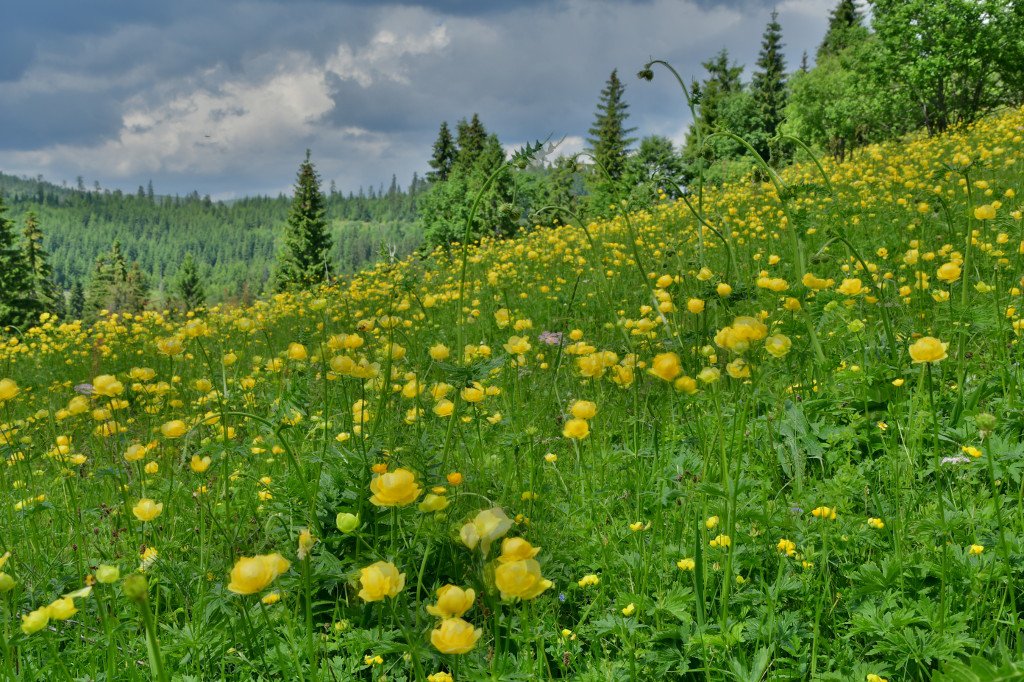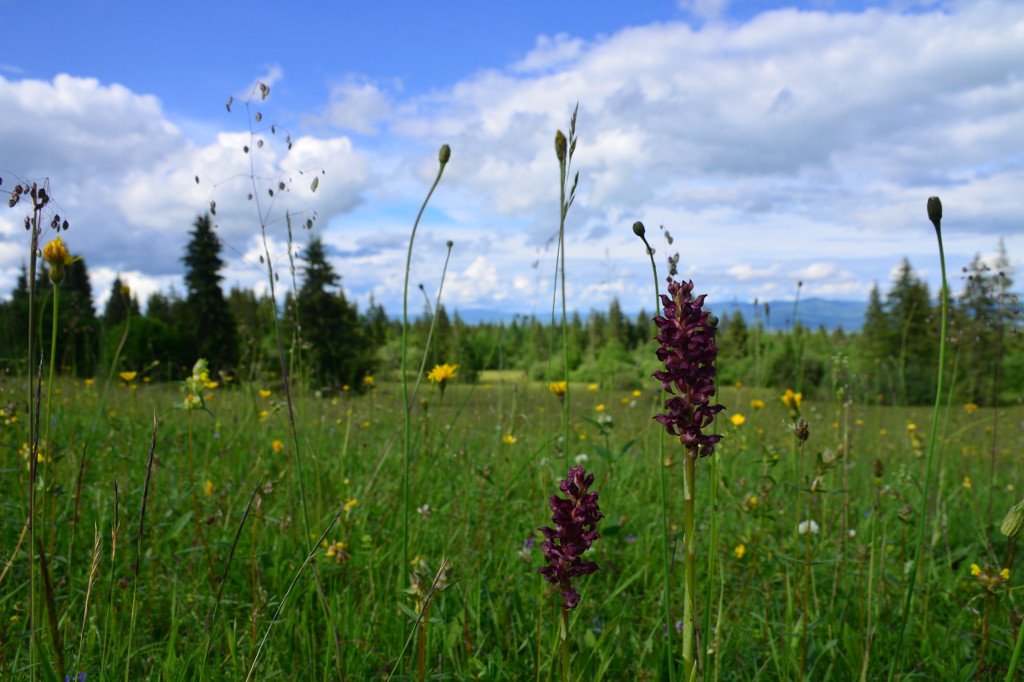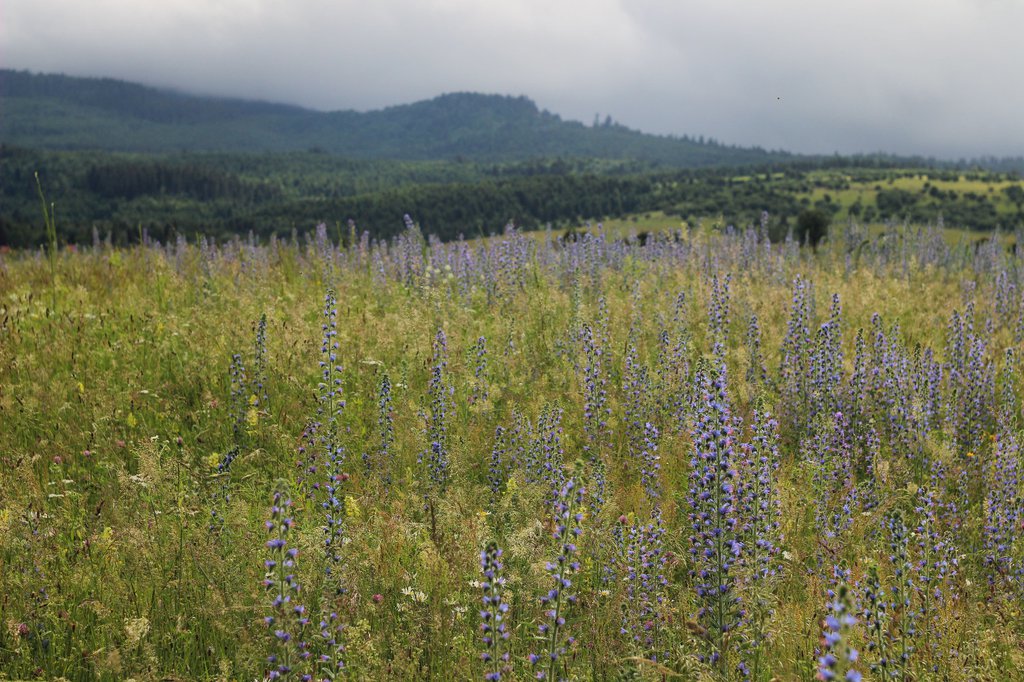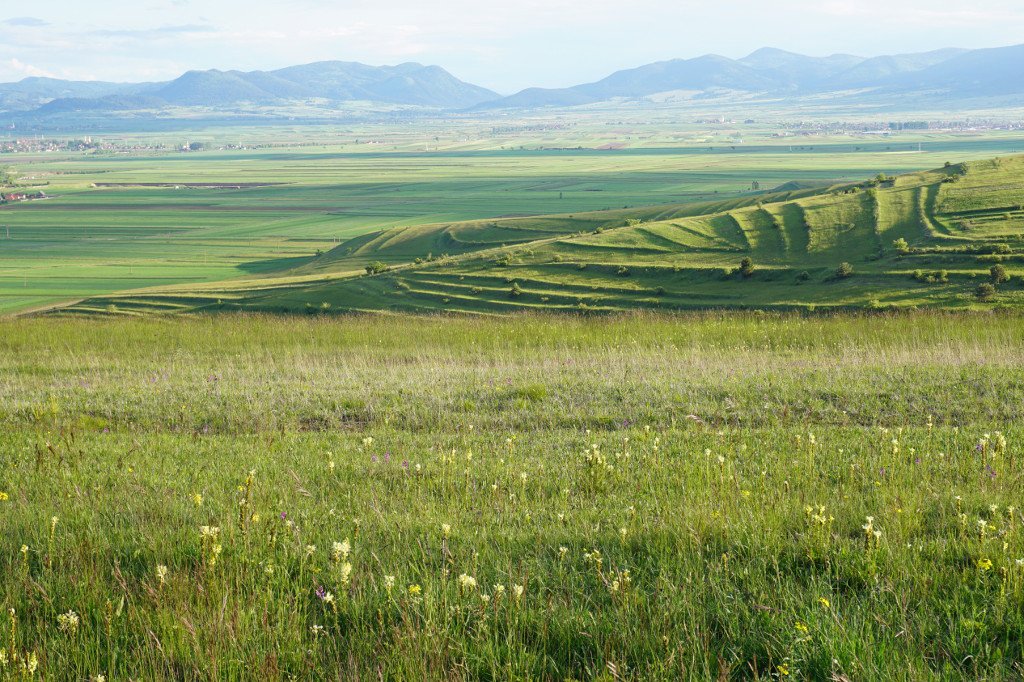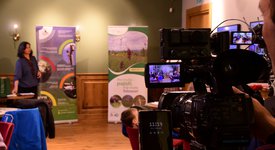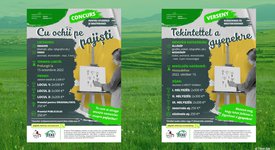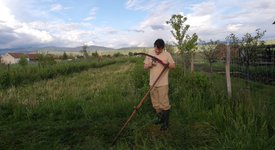Why we must save our grasslands?
As one of the richest in grasslands among the EU Member States, Romania has 33% of its agricultural land covered by pastures and meadows. The preservation of grasslands is equally vital for biodiversity protection and for the people who manage these ecosystems and rely on them for their livelihoods.
Grasslands, however, are seriously undervalued equally by the general public and the authorities. They are constantly under attack due to conversion into arable land, infrastructure and development, or overexploitation (overgrazing). Sadly, managing grasslands isn't highly profitable for farmers, and the authorities are reluctant to intervene to stop their decline.

Consequently, grasslands are degrading and disappearing. Thus, they are less likely to provide us with the essential provisioning, regulating and cultural ecosystem servicesEcosystem services are vital goods and services that nature provides for the benefit of humankind - from the simplest (food, water, air, soil, wood) to the most complex (pollination, storage of carbon dioxide, soil water retention).
Our project
Slogan: More grasslands, more yields!
Duration: 3 years / 15/01/2021-15/01/2024
Project implemented with the financial support of the Active Citizens Fund Romania, through the EEA Grants 2014-2021.
Grant value: 224.587,00 euro
The project aims to ensure the long term conservation of grasslands in Romania.

We strive
- to issue a warning about the disappearance and degradation of grasslands;
- to make our target groups (farmers, competent authorities, but also the general public) recognise the true value of these habitats;
- to exert pressure on authorities through judicial litigations and to submit a complaint to the European Commission for not meeting the obligations (i.e. to preserve the land cover of grasslands at the moment of Romania's EU accession);
- to involve farmers in the current agri-environmental scheme improvement process and in designing more effective, new measures.
Activities
- sociological research(in 7 Romanian counties: Arad, Bihor, Cluj, Covasna, Mureș, Satu-Mare, Timiș);
- watchdog reports;
- agri-environmental scheme efficiency assessment;
- awareness-raising;
- environmental education for undergraduate and graduate students.
